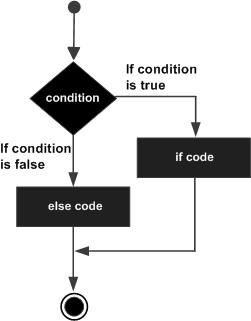When using if, else if, else statements there are few points to keep in mind. An if can have zero or one else's and it must come after any else if's. An if can have zero to many else if's and they must come before the else. Once an else if succeeds, none of he remaining else if's or else's will be tested. Strlen prototype sizet strlen( const char. str ); The strlen takes a null terminated byte string str as its argument and returns its length. The length does not include the null character. If there is no null character in the string, the behaviour of the function is undefined. It is defined in header file. Strlen Parameters.
Function getch in C program prompts a user to press a character. It doesn't show up on the screen. Its declaration is in 'conio.h' header file. The function is not a part of standard C library.
C programming code for getch
#include <stdio.h>#include <conio.h>
int main()
{
printf('Waiting for a character to be pressed from the keyboard to exit.n');
getch();
return0;
}
When you run this program, it exits only when you press a character. Try pressing num lock, shift key, etc. (program will not exit if you press these keys) as these are not characters.
Try running the program by removing getch. In this case, it will exit without waiting for a character hit from the keyboard.
How to use getch in C++
#include <iostream.h>#include <conio.h>
int main()
{
cout <<'Enter a character';
getch();
}


Using getch in Dev C++ compiler
Function getch works in Dev C++ compiler but it doesn't support all functions of 'conio.h' as Turbo C compiler does.
Function getchar in C
#include <stdio.h>int main()
{
int c;
c =getchar();
putchar(c);
return0;
}
Dev C If Else Kullanımı Is Good

Dev C++ If Else
A common use of getch is you can view the output (if any) of a program without having to open the output window if you are using Turbo C compiler or if you are not running your program from the command prompt.